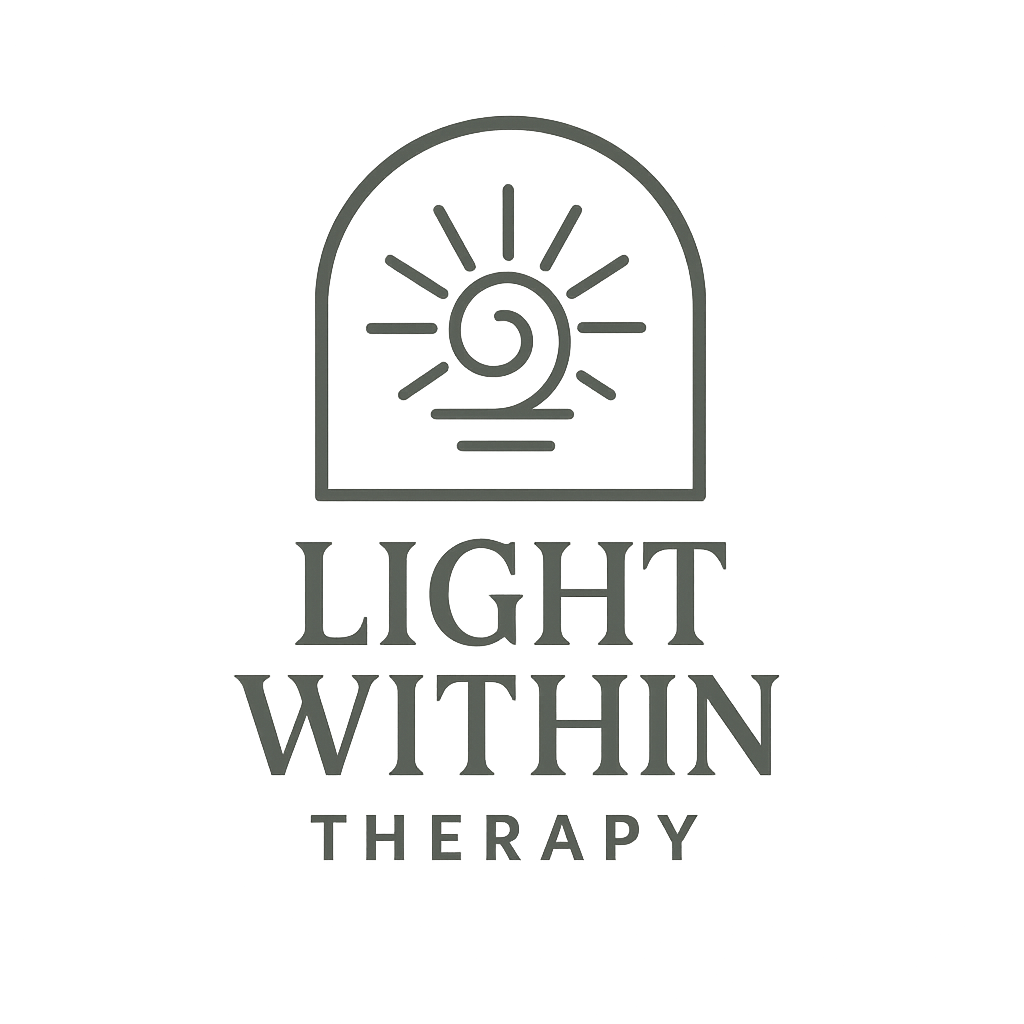Loving Kindness: Gentle Practice for Healing and Connection
Loving Kindness may sound simple, but it’s a deeply transformative practice. Rooted in mindfulness and compassion, Loving Kindness (also known as 'Metta' in Buddhist traditions) invites us to offer care, warmth, and goodwill to ourselves and others—even those who may have hurt us.
In Dialectical Behavior Therapy (DBT), Loving Kindness is one of the mindfulness tools used to help reduce hostility, resentment, anger, and judgment—toward ourselves and the people around us. It is a powerful skill that supports emotional regulation, empathy, and internal peace.
Loving Kindness is the practice of sending warm, kind, and accepting thoughts to yourself, loved ones, strangers, and even people you’re struggling with. It is often done through guided meditation, phrases, or intentional reflection.
Instead of pushing away painful emotions or fueling anger, this practice helps soften our inner world and make space for compassion. The goal isn’t to suppress hard feelings—but to meet them with gentleness.
Why Practice Loving Kindness?
Loving Kindness has been shown to:
- Reduce self-criticism and harsh inner dialogue
- Lower feelings of anger, hostility, and resentment
- Improve emotional resilience and reduce anxiety
- Enhance connection with others—even in conflict
It can be especially helpful for those healing from trauma, chronic stress, or difficult relationships. When we’ve experienced hurt, our nervous system often goes into defense mode—protecting us through judgment, isolation, or anger. Loving Kindness helps signal safety back to the body.
How to Begin Practicing
You don’t need to be an expert meditator to benefit from this practice. Start small:
1. **Find a quiet moment.** Take a few breaths and settle into stillness.
2. **Repeat simple phrases.** Examples include: 'May I be safe. May I be healthy. May I live with ease.'
3. **Expand your circle.** Over time, send these wishes to others: loved ones, acquaintances, and even difficult relationships.
4. **Be patient.** If it feels awkward at first, that’s okay. This is a new way of relating to yourself and others.
Loving Kindness doesn’t mean ignoring pain or pretending everything is okay. It means choosing to respond with softness when the world—and your own mind—might push you toward harshness.
If you’re a client, therapist, or simply a human learning to be kinder to yourself and others, know this: every time you practice Loving Kindness, you are choosing healing. And that is always enough.
You can practice Loving Kindness for just a few minutes a day and still notice meaningful shifts in how you relate to the world.
Resources to Explore Loving Kindness Further
If you're curious to go deeper, here are a few supportive resources for clients and therapists alike:
📘 Book: *Lovingkindness: The Revolutionary Art of Happiness* by Sharon Salzberg
A foundational guide from one of the leading voices in meditation. Full of heart and practical tools for building a compassion-based life.
📓 Workbook: *The Self-Compassion Workbook* by Kristin Neff
While not Loving Kindness-specific, this workbook beautifully complements the practice with exercises for reducing self-judgment and increasing care.

